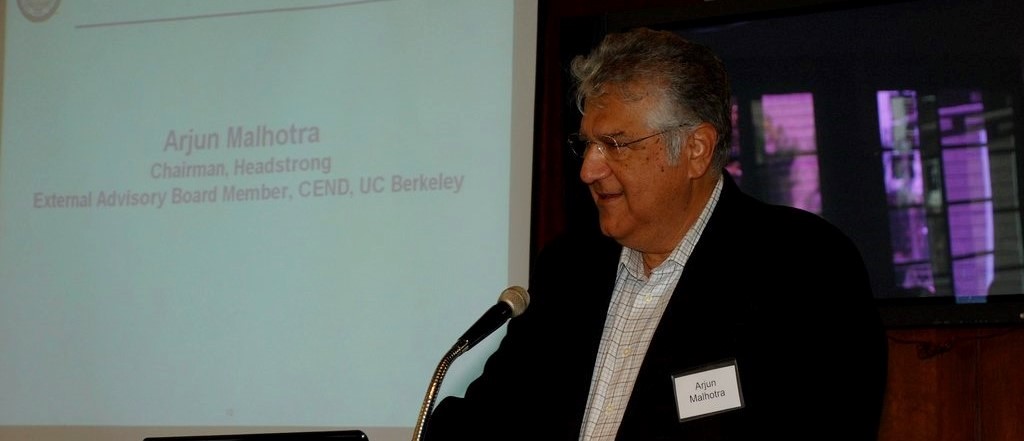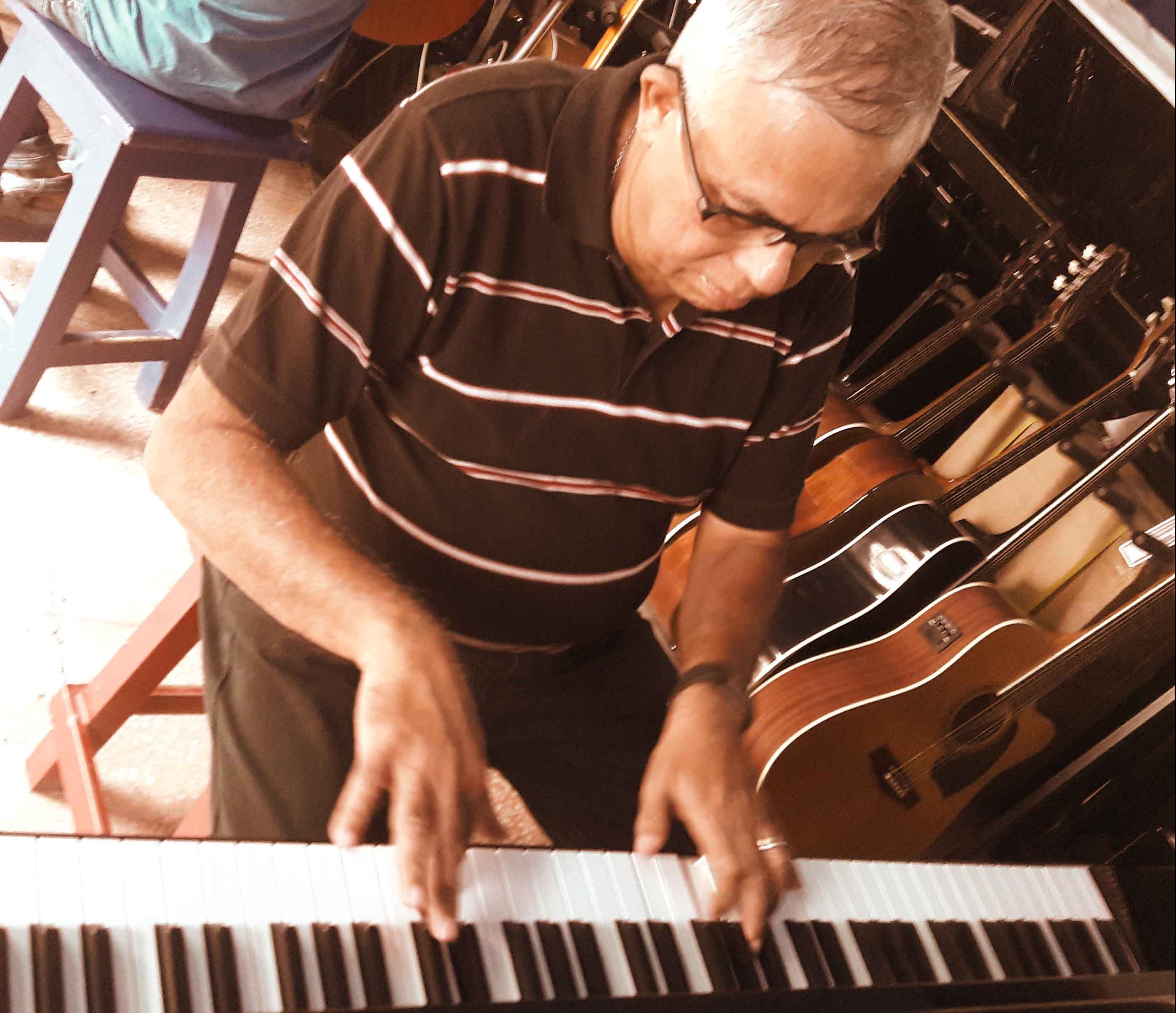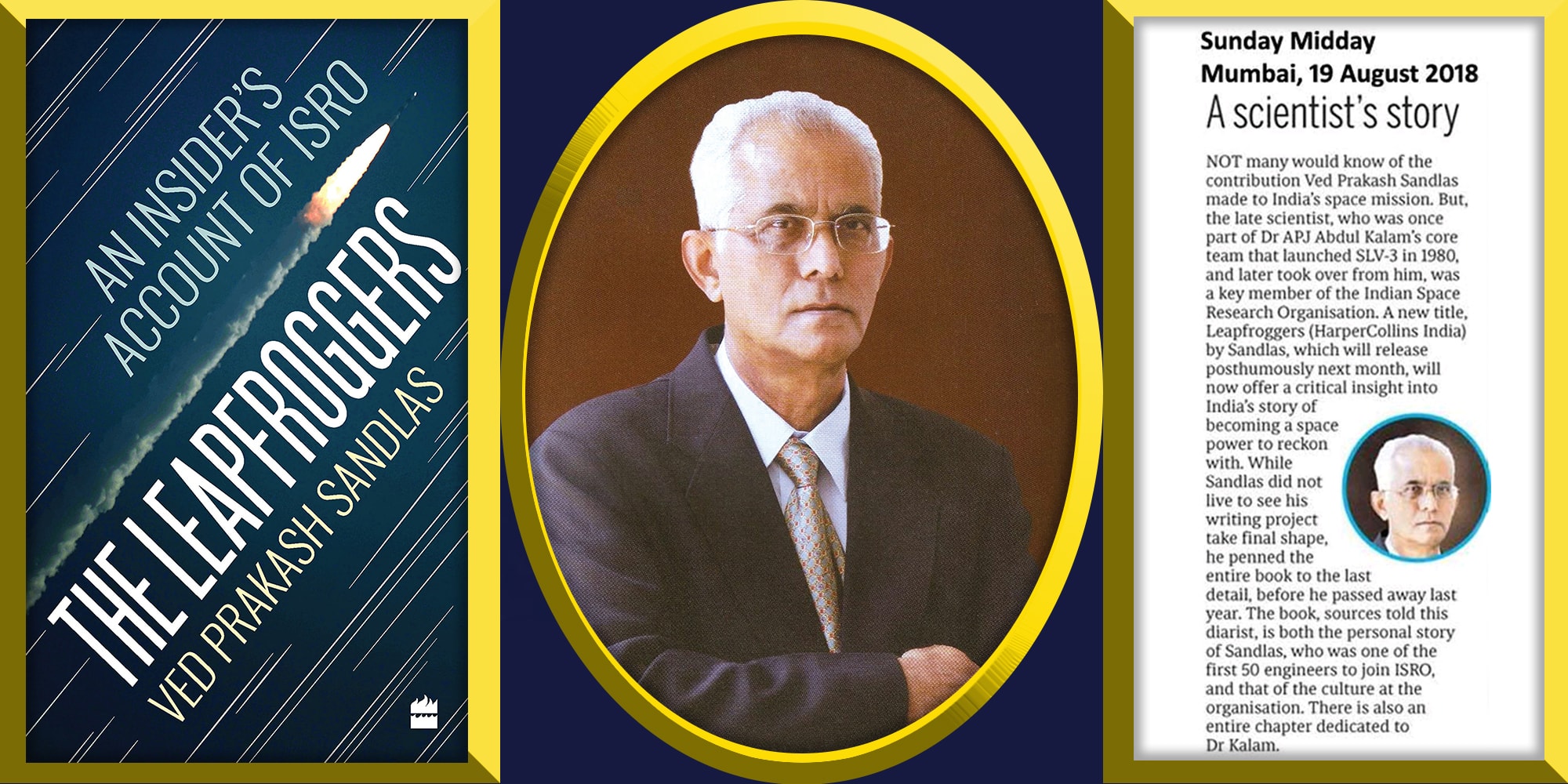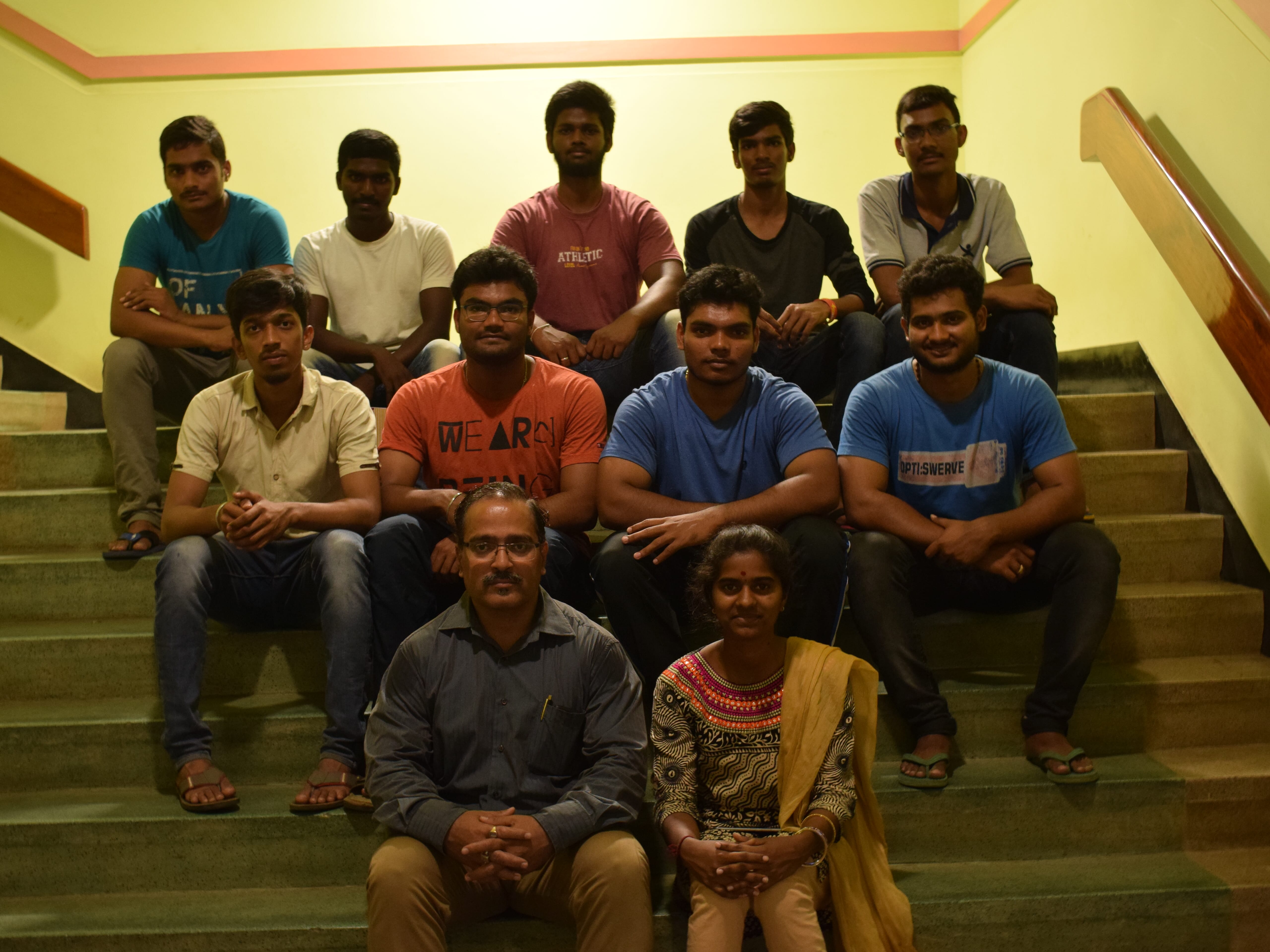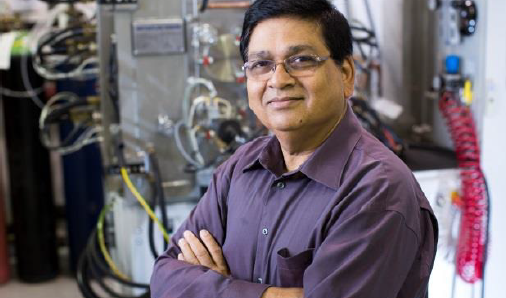
Kgpian Receives NATO Award
Business Standard India Today Outlook Zee News Odisha Sun Times Patrika Swarajya Devdiscourse IIT KGP alumnus Dr. Prakash Patnaik has been conferred with the prestigious NATO Science & Technology Organization (STO)’s Panel Excellence Award. Dr. Patnaik is a globally recognized scientist in the domain of Aerospace Materials Science and Engineering. Much of this work, in the last 30 years, has been performed in a collaborative global milieu, including governments, industries and academic organizations. He has been awarded in recognition and appreciation for his longstanding service and extraordinary scientific contribution rendered to…

